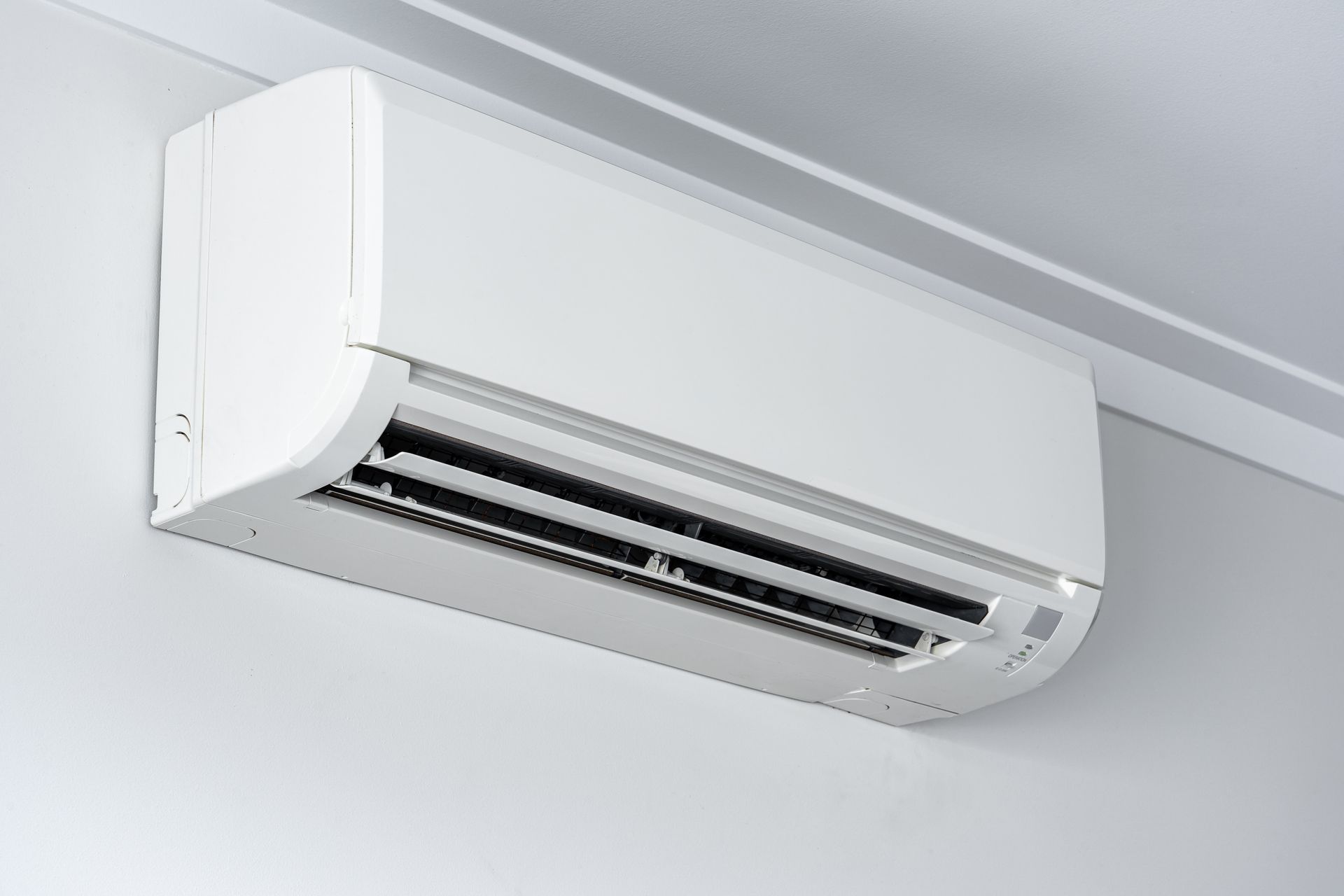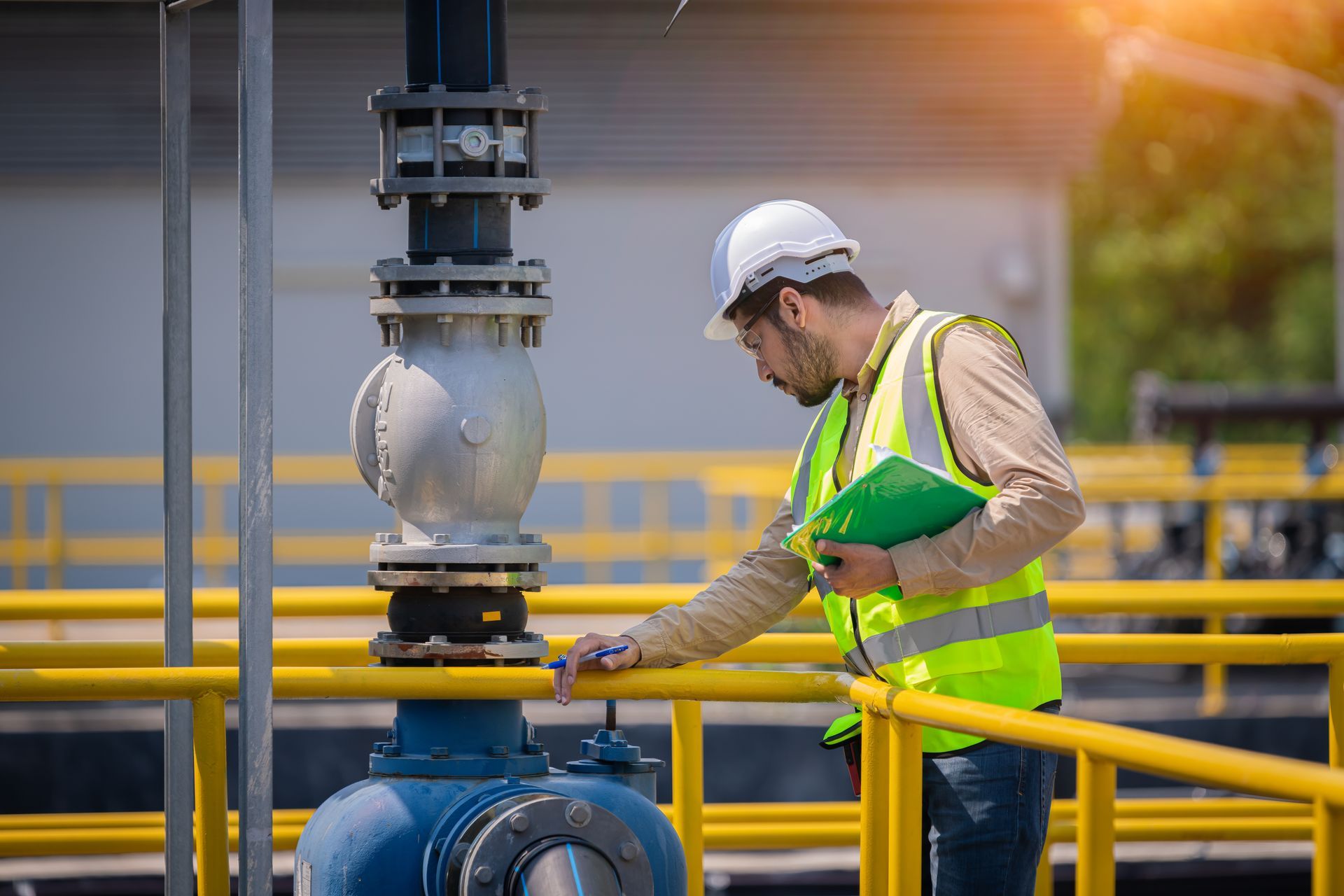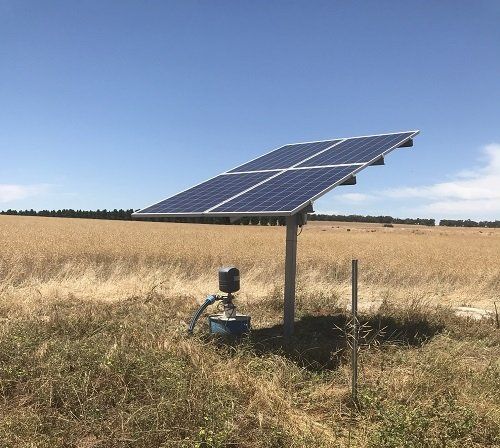PO BOX 161 Midland DC WA 6936
The Pros and Cons of Submersible Pumping Systems In WA
The highly-efficient water pump.
If you're in the market for a pumping system that can be immersed in water, you’ll need a submersible pump.
As the name suggests, submersible pumps are designed to be fully submerged in liquid, making them ideal for draining bodies of water, such as wells, ponds, pools etc. They’re used in many households and industries for their efficiency in transporting high volumes of fluids.
Before making a decision, it’s important to understand the pros and cons of these systems to determine whether they’re right for your application. In this article, we'll explore the key advantages and disadvantages of submersible pumping systems.
Advantages of submersible pumping systems
Energy efficiency
A big advantage of submersible pumping systems is their energy efficiency. Because these pumps are already submerged in water, they don't require much energy to move water through the system. Water pressure pushes water into the pump, thereby saving the pump from using a lot of energy. Compared to other types of pumps, submersible pumps use much less energy, resulting in lower energy bills over time.
Low maintenance
Submersible pumping systems are also known for being low maintenance. Since the pump is submerged in water, it’s protected from debris and other contaminants that can cause damage. Pumps are housed in a water-tight enclosure which is resistant to corrosion and abrasion, as well as protecting it from leaks that may cause electrical issues. With fewer maintenance costs and hassles than other pumps, submersible pumps can save you time and money in the long run.
Quiet operation
Submersible pumping systems operate quietly, which is a big selling point for homeowners. Because the pump is under water, it produces less noise than other types of pumps, making it ideal for use in residential areas.
High capacity
Submersible pumps are suitable for high capacity operations. They can move large volumes of water quickly and efficiently, which makes them ideal for use in large bodies of water, such as floods, ponds, lakes and wells.
No priming
Unlike many other pumps, submersible pumping systems don’t require priming before operating. They are self-priming as they operate beneath the surface of the medium intended to be pumped.
Long lifespan
Submersible pumping systems have a long lifespan. Because they are well-protected underwater, they are less likely to break down or require replacement, and usually last for many years with minimal maintenance.
Disadvantages of submersible pumping systems
Initial cost
Submersible pumping systems often have a higher initial cost than other types of pumps. This is largely because these systems are more complex and more difficult to install. Submersible pumps are an investment; the energy and maintenance savings over time can help offset their initial cost.
Difficult to access
A common complaint of submersible pumping systems is that they are often difficult to access. If repairs or maintenance work is required, it can be challenging to access the pump since it’s submerged in water and can be even more difficult if they are deep or installed in an awkward location. This can be quite an inconvenience for performing necessary inspections and repairs to preserve the service life of the pump.
Risk of contamination
There is also a contamination risk with the use of submersible pumping systems. Water makes them more susceptible to contamination from bacteria, algae and other contaminants. However, proper maintenance and filtration are a big factor in reducing this risk.
Limited versatility
Submersible pumping systems are relatively limited in their application. Designed specifically to be fully submerged in water, they can overheat if used out of water. Although, their utility in submerged applications is also quite narrow. Fortunately, submersible pumps come in a broad range of options designed for various purposes, e.g., single or multi-stage, for thick or thin liquids etc.
Submersible pumping systems offer many advantages, but ultimately, the decision to use one will depend on your specific needs and requirements. If you're considering a submersible pump for your home or business, it's important to do your research and weigh up the advantages and disadvantages carefully. Consider the initial cost, maintenance requirements and the specific application of the pump. You might even consult with a professional installer to make sure the pump you choose is right for your needs.
Pumptech Electrical submersible pumping solutions
At Pumptech Electrical, we install and service submersible pumping systems across WA. We’re committed to providing high-quality pumps, exceptional customer service and competitive pricing. Our experienced technicians can evaluate your options and help you select the best pump for your application.
If you're in the market for a new submersible pumping system, contact us to see how we can help.
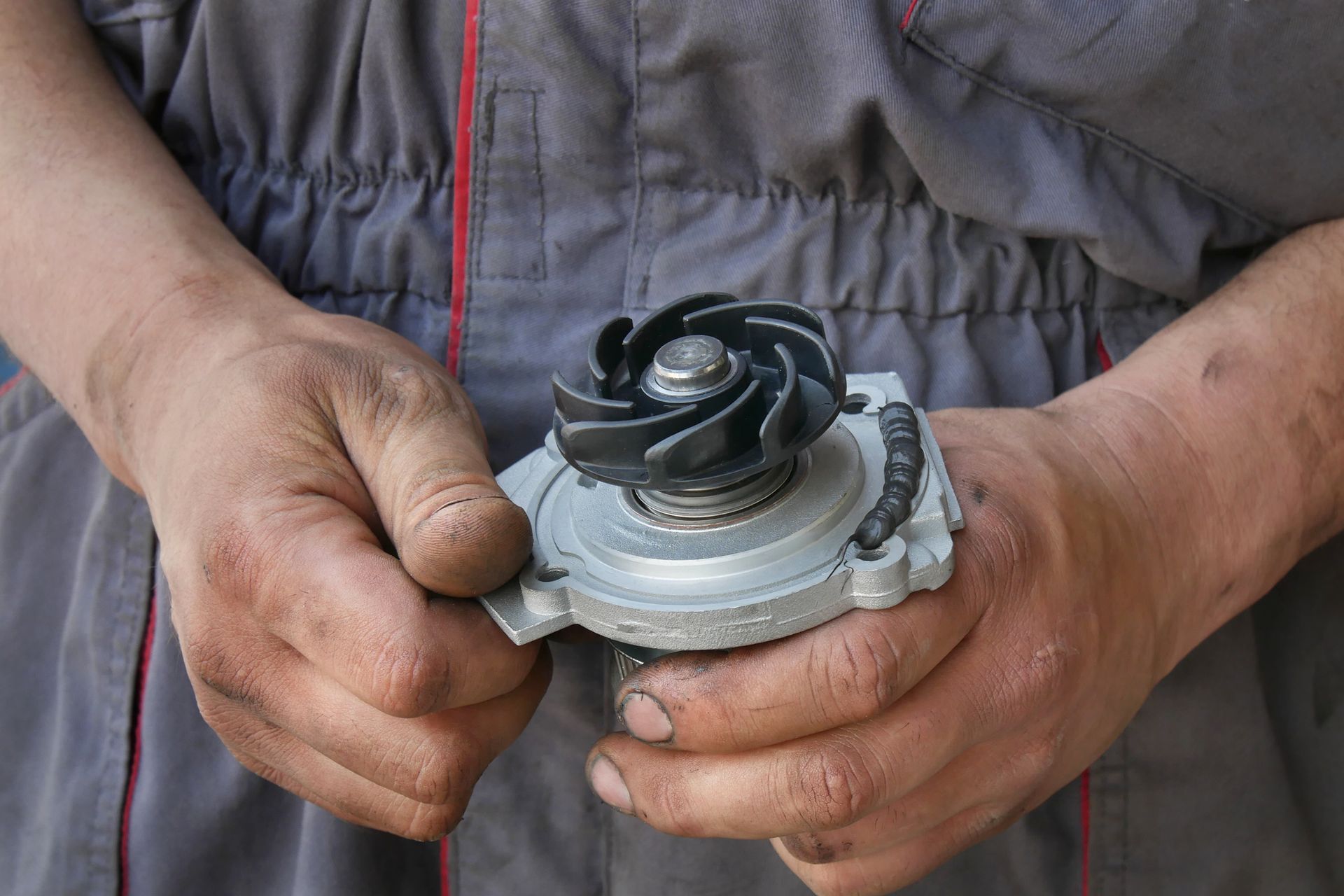
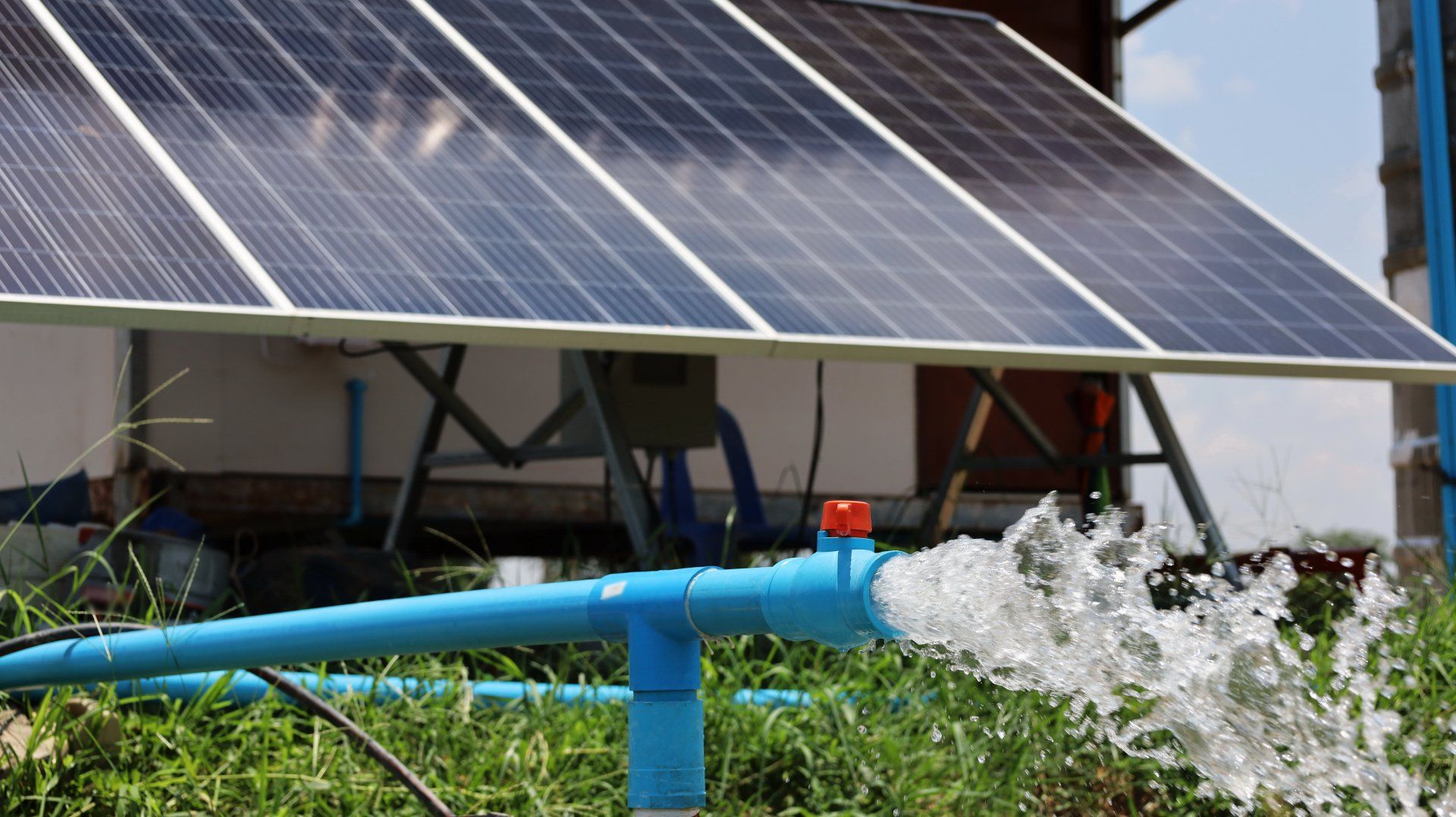
Call Us Now
Sign Up
We will get back to you as soon as possible.
Please try again later.
Quick Links
Services
Support
Mon 9:00 am - 5.00pm
Tue 9:00 am - 5.00 pm
Wed 9:00 am - 5.00pm
Thr 9:00 am - 5.00 pm
Fri 9:00 am - 5.00 pm
Sat Close
Sun Close
Copyright © 2020 by Pumpelectricians | All rights reserved Designed by SEOEXTENT

